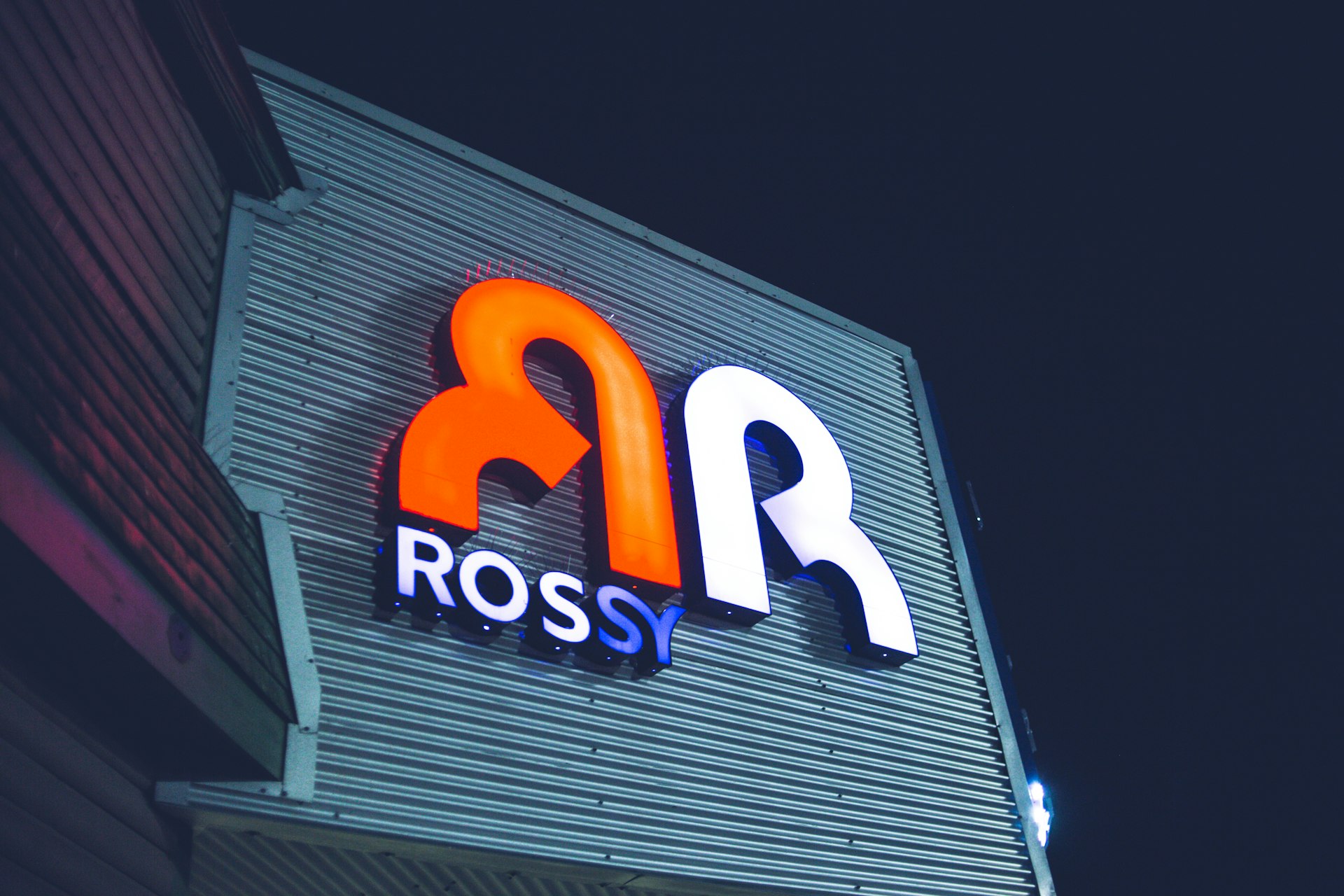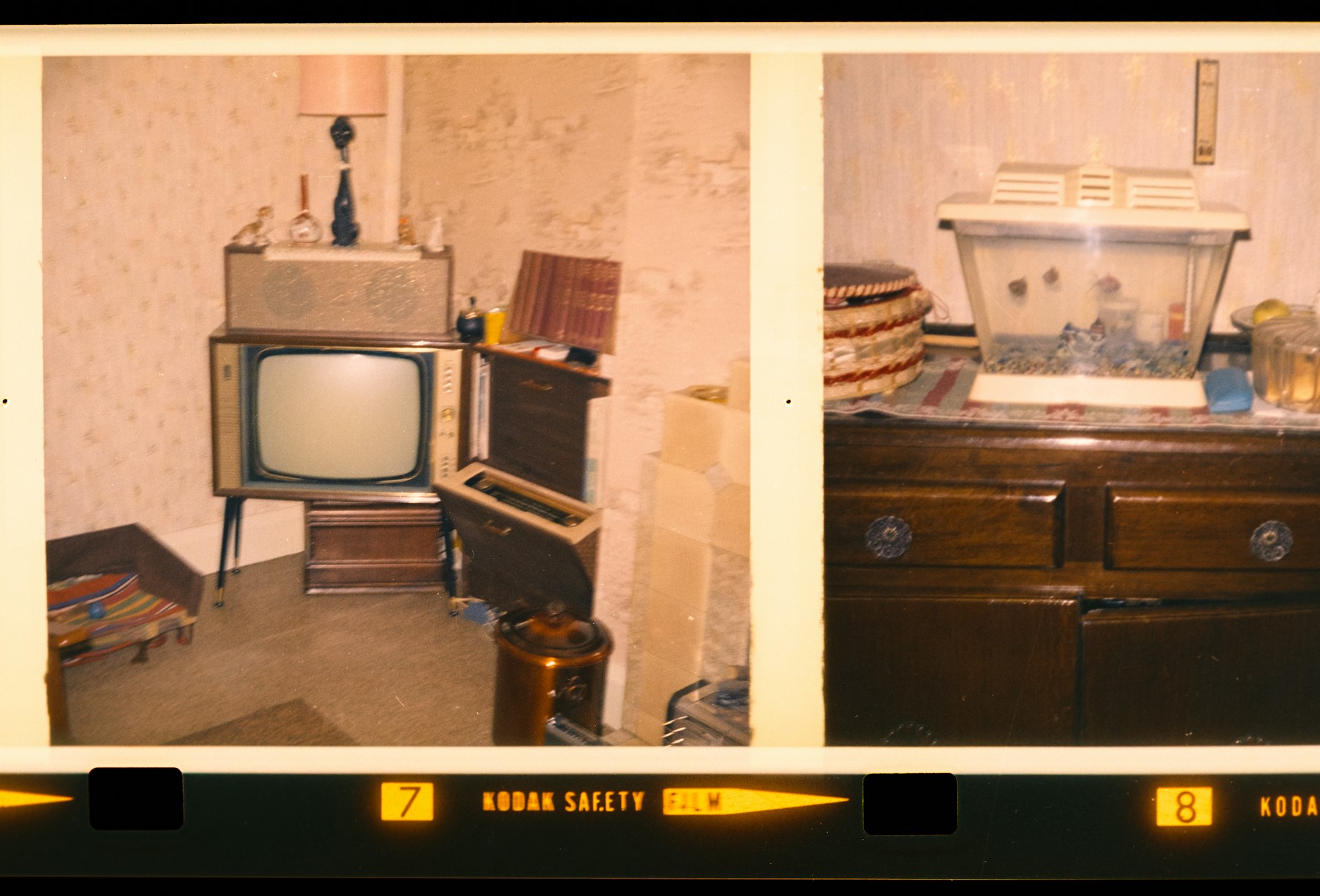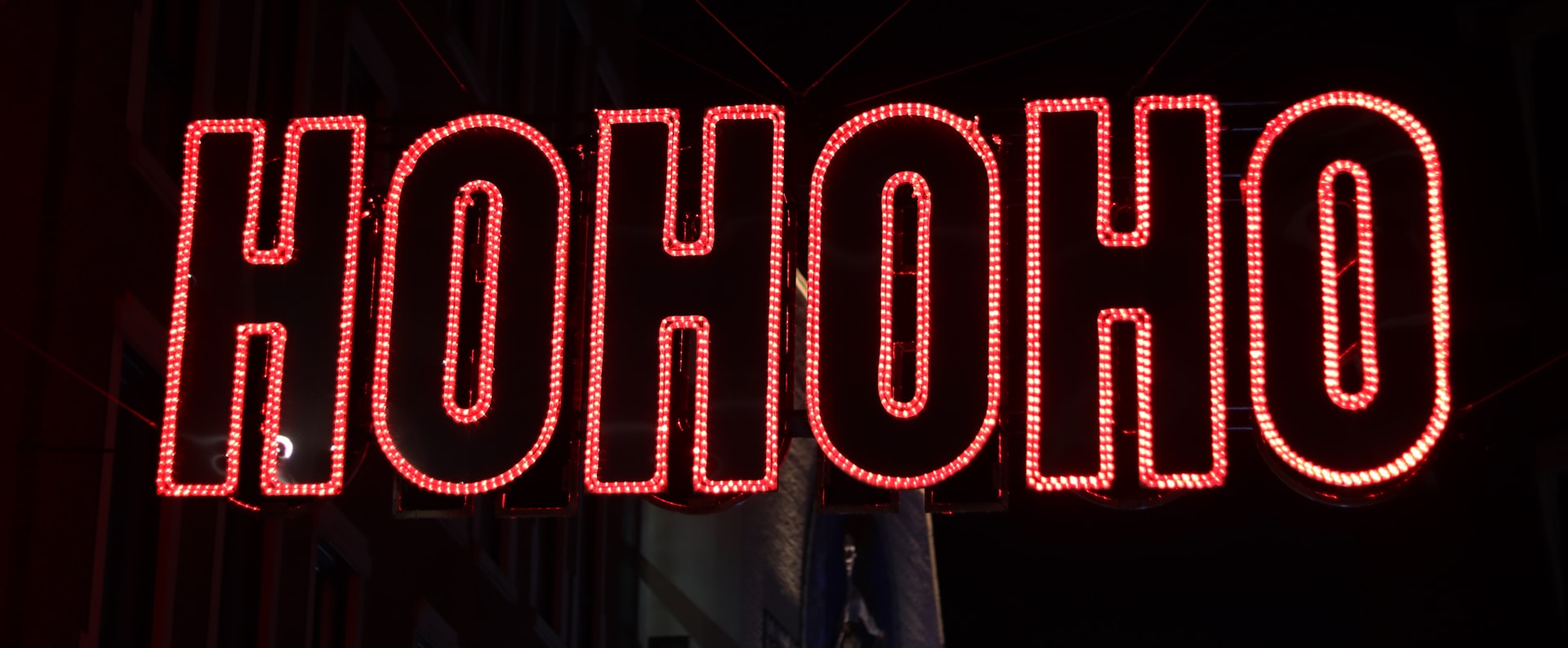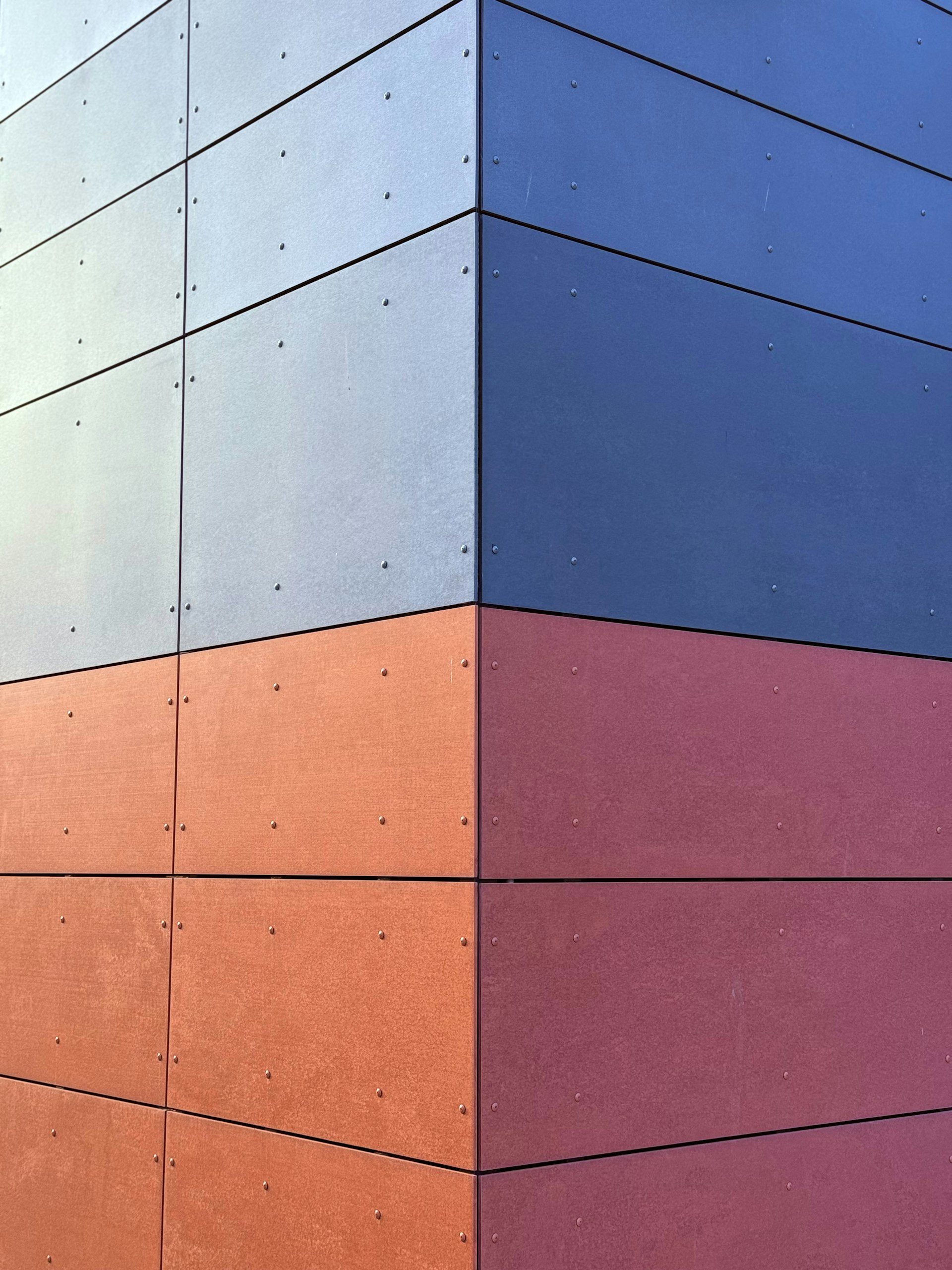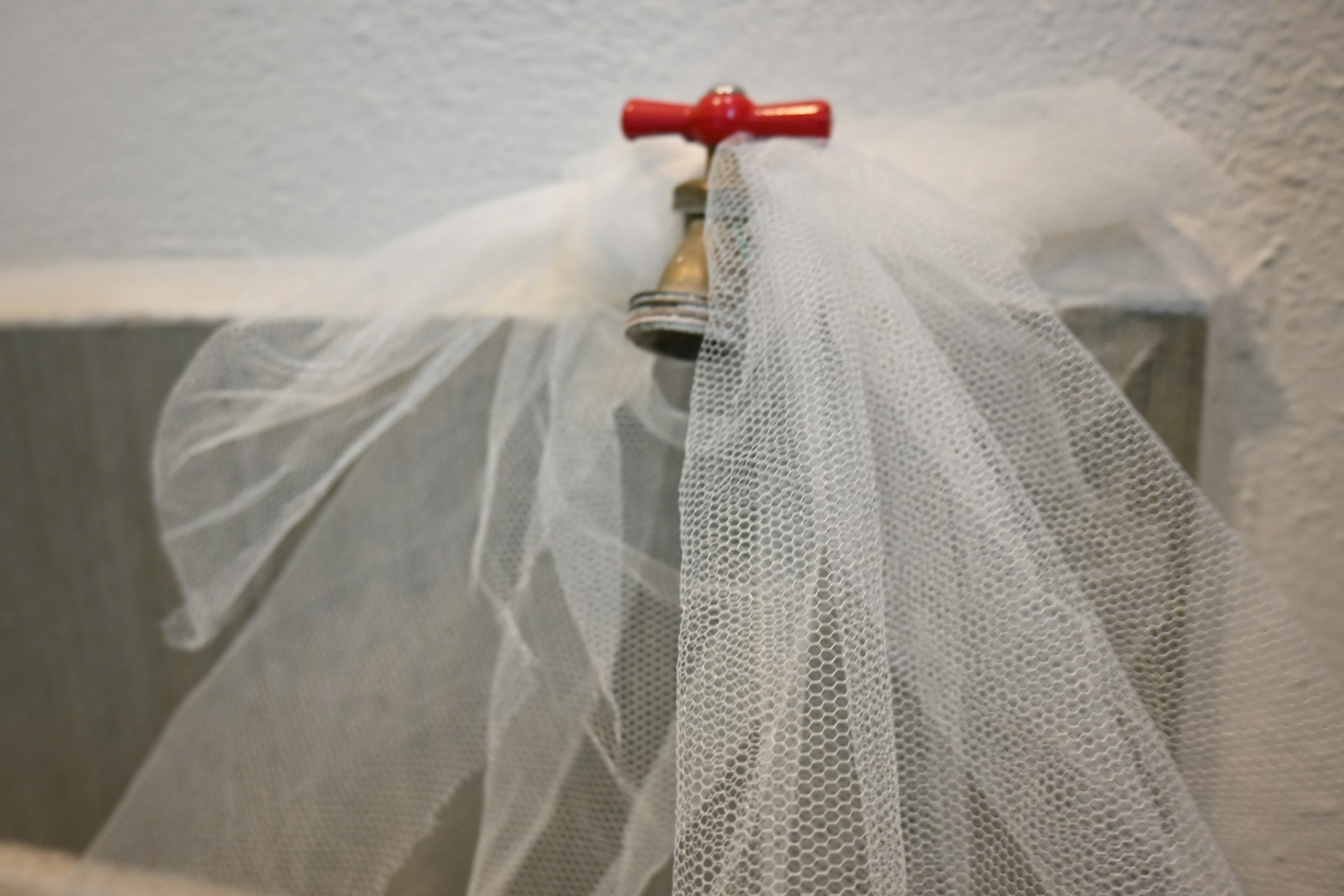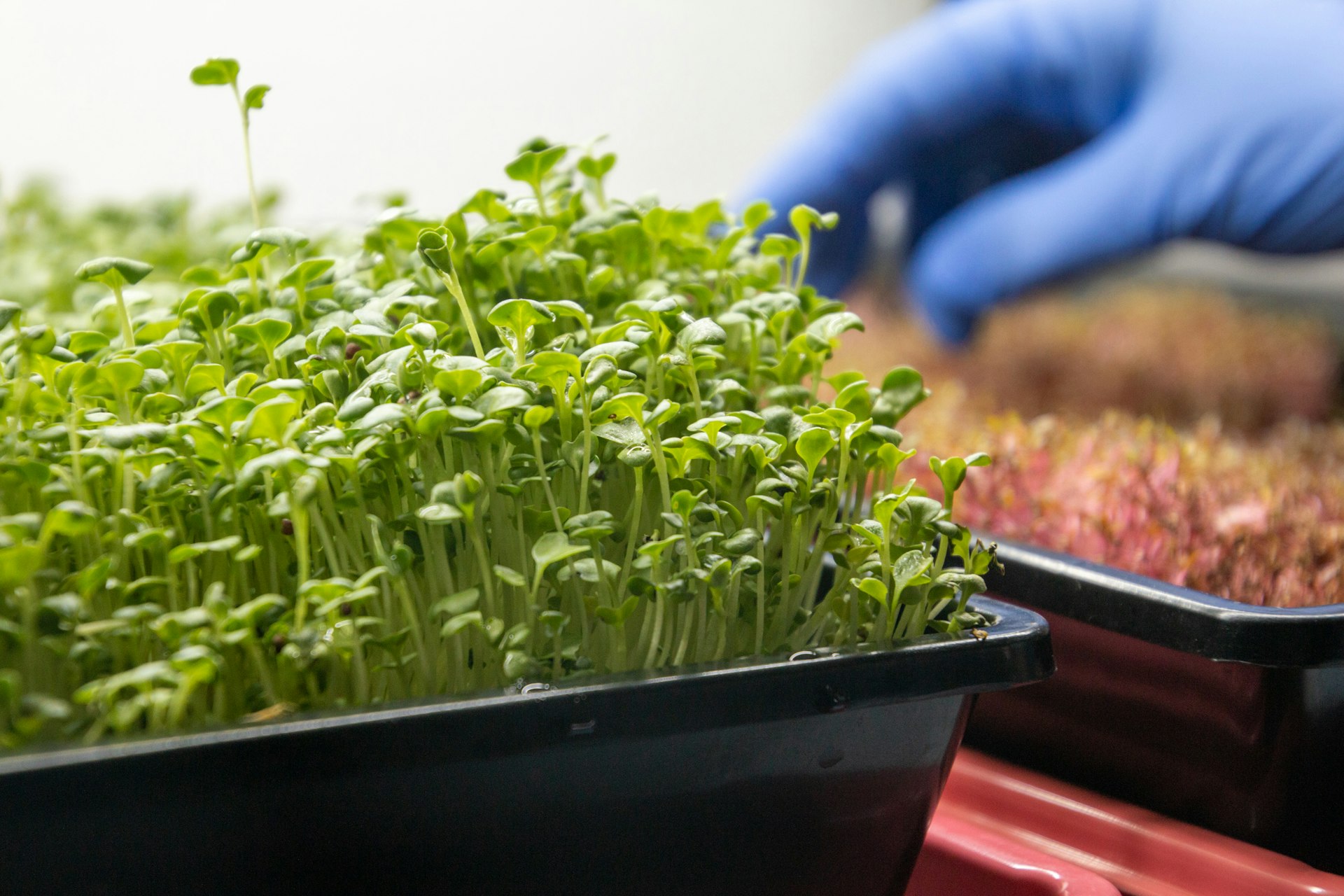DIY Guide: Safely Testing Your Popcorn Ceiling for Asbestos at Home

Photo by ling feng on Unsplash
Understanding the Risks of Asbestos in Popcorn Ceilings
Many homes built during the mid-20th century feature popcorn ceilings, a textured finish that was popular for its sound-dampening qualities. However, before the 1980s, these materials often contained asbestos , a mineral fiber linked to serious health issues such as mesothelioma and lung cancer when its particles become airborne and are inhaled. If your home was constructed or renovated before 1985, there’s a significant chance the popcorn ceiling may contain asbestos, making it crucial to test before any sanding, scraping, or removal work is performed [1] .
Why DIY Testing for Asbestos?
Professional asbestos testing provides the most accurate results, but many homeowners opt for DIY testing due to cost and convenience. DIY kits can be purchased online or at hardware stores, allowing you to collect a sample and mail it to an accredited laboratory. It is important to understand that while DIY testing is possible, it carries some risk if safety protocols are not strictly followed. Always consider hiring a professional if you are uncomfortable with any part of the process or if extensive damage/disturbance to the ceiling is required [3] .
Essential Supplies for DIY Asbestos Testing
To test your popcorn ceiling for asbestos yourself, you will need:
- An asbestos test kit from a reputable supplier (these usually include instructions, sample bags, and prepaid mailers)
- A putty or utility knife to collect the sample
- A spray bottle filled with water (to minimize dust)
- Protective gear, including a respirator mask, disposable gloves, and protective eyewear
- Plastic sheeting or drop cloths to catch debris
- Resealable plastic (zip-lock) bags if not provided in the kit
- Permanent marker for labeling
Several companies offer comprehensive kits that include all necessary materials. For example, Schneider Labs Asbestos Testing Kit is commonly used and includes lab fees and return shipping [1] .
Step-by-Step Instructions for Safe Sample Collection
Follow these detailed steps to safely collect a sample from your popcorn ceiling:
- Prepare the Area: Lay down plastic sheeting beneath the sampling site to catch any debris. Clear the area of people and pets. Close doors or use plastic barriers to prevent dust spread.
- Protect Yourself: Wear a N95 or higher-rated respirator , disposable gloves, and eye protection. Change clothes after the process and immediately wash exposed skin.
- Wet the Ceiling: Lightly spray the targeted area with water using the spray bottle. Wetting the ceiling reduces the risk of airborne dust and fibers [3] .
- Collect the Sample: Use a putty knife or similar tool to gently scrape about one tablespoon of material (roughly the size of a playing card) from the ceiling. Try to include the full thickness of the textured layer. Avoid scraping too deeply into the drywall beneath to minimize unnecessary damage [4] .
- Seal and Label: Place the collected material in a resealable plastic bag or the container provided in your kit. Label the bag with the date, location, and room where the sample was collected.
- Repeat (Recommended): For greater accuracy, collect samples from at least three different locations across the ceiling, sealing each in a separate, labeled bag [3] .
- Clean Up: Carefully fold up the plastic sheeting, dispose of gloves, and wash your hands and any exposed skin thoroughly with soap and water.
- Mail the Sample: Follow the instructions in your kit to mail the samples to the laboratory. Many labs allow you to track your results online after creating an account [1] .
Understanding Your Test Results
Once the laboratory analyzes your sample, you’ll receive a report detailing whether asbestos was found and, if so, the specific type and concentration. Any result showing more than 1% asbestos content is considered hazardous and may require professional removal according to EPA guidelines [2] . Even lower concentrations can be risky, particularly if the material is disturbed or deteriorating.
For example, one homeowner found 4% chrysotile asbestos in their popcorn ceiling, which required careful professional abatement [1] .
Alternatives to DIY Testing
If you are uncomfortable with any part of the testing process, or if your ceiling is damaged and friable (crumbling), it is safest to contact a licensed asbestos abatement professional. Professional testing ensures both safety and accuracy, and may be required by law in some states for certain real estate transactions or renovations. Many environmental labs offer direct on-site sample collection for an added fee, and certified professionals follow strict protocols to prevent contamination [3] .
What to Do If Asbestos Is Found
If your results indicate the presence of asbestos, do not attempt to remove or disturb the material yourself. Asbestos abatement involves specialized procedures and equipment to prevent dangerous fiber release. Contact a licensed asbestos removal contractor in your area for a consultation. You can find certified professionals by searching for your state’s health or environmental protection agency and looking for lists of licensed asbestos abatement contractors. Some local governments provide resources and hotlines for asbestos-related questions and concerns.
Costs and Turnaround Times
DIY test kits typically range from $30 to $80, depending on the number of samples and speed of results. Laboratory analysis fees are often included in the kit price, but expedited results may cost extra. Professional testing generally costs more-around $100-$300 per sample, depending on location and urgency [2] .

Photo by Brett Jordan on Unsplash
Key Safety Reminders
Never sand, scrape, or remove popcorn ceiling material without knowing its asbestos status. Even minor disturbance can release hazardous fibers into the air. Always wear appropriate PPE and keep the area isolated during sampling. Dispose of all materials and clothes used during the process immediately after use.
Finding Accredited Labs and Professionals
To find a local accredited lab, search for “asbestos testing laboratory” along with your city or state. The EPA and your state’s environmental or public health department may provide directories of certified professionals and labs. If you have questions about the DIY process or local regulations, contact your state health department or environmental agency for guidance. Avoid relying solely on kit instructions-cross-reference with guidance from authoritative sources like the EPA or your state’s website.
Summary and Next Steps
Testing a popcorn ceiling for asbestos yourself is possible, but it demands strict adherence to safety protocols. Use a reputable test kit, follow each step carefully, and send your sample to an accredited lab. If asbestos is found, do not attempt removal on your own; contact a licensed professional for safe abatement. For further assistance, search for your state’s environmental or health department and look for “asbestos information” or “licensed asbestos contractors.” When in doubt, professional consultation is always the safest course.
References
- [1] Bigger Than the Three of Us (2023). Popcorn Ceiling Asbestos Testing: How to Test Asbestos Yourself.
- [2] Spyglass Realty (2023). How to Test for Asbestos in Popcorn Ceilings.
- [3] JSE Labs (2023). When to Test for Asbestos in Popcorn Ceilings.
- [4] YouTube (2021). How to test for asbestos in your popcorn ceiling.
MORE FROM hotondeals.com
